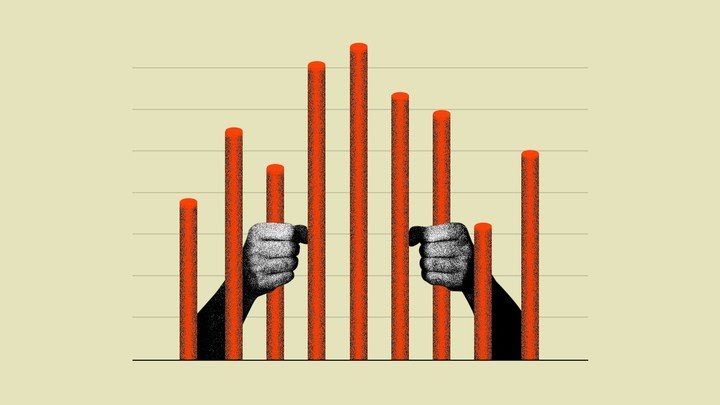Many court systems lack basic data about themselves, including about their criminal-sentencing decisions. This means that when a judge considers a sentence for a criminal defendant, he or she has no way to evaluate it against others handed down for similar crimes in the same state, or even the same county.
This variability in criminal sentences for both violent and nonviolent cases leaves our system vulnerable to explicit and implicit bias and gives unrestrained power to trial-court judges. The problem extends beyond sentencing, and is also a problem with setting bail amounts by crime.
How is it possible that this data is not available, when we have access to so much data these days?
A study in Massachusetts concluded that people of color are vastly overrepresented in the criminal-justice system as defendants; they receive longer sentences than white defendants; and they are typically charged with more serious offenses.
In one example in Florida, the same judge sentenced a white defendant to two years for robbery, but a Black defendant to 26 years—for essentially the same offense and the same prior background and history.
The nonprofit Measures for Justice has compiled statistics for 16 states on criminal sentences, and making it accessible to all stakeholders—judges, prosecuting and defense attorneys, defendants, and policy makers.
Read the entire article at https://amp-theatlantic-com.cdn.ampproject.org/c/s/amp.theatlantic.com/amp/article/617370/

